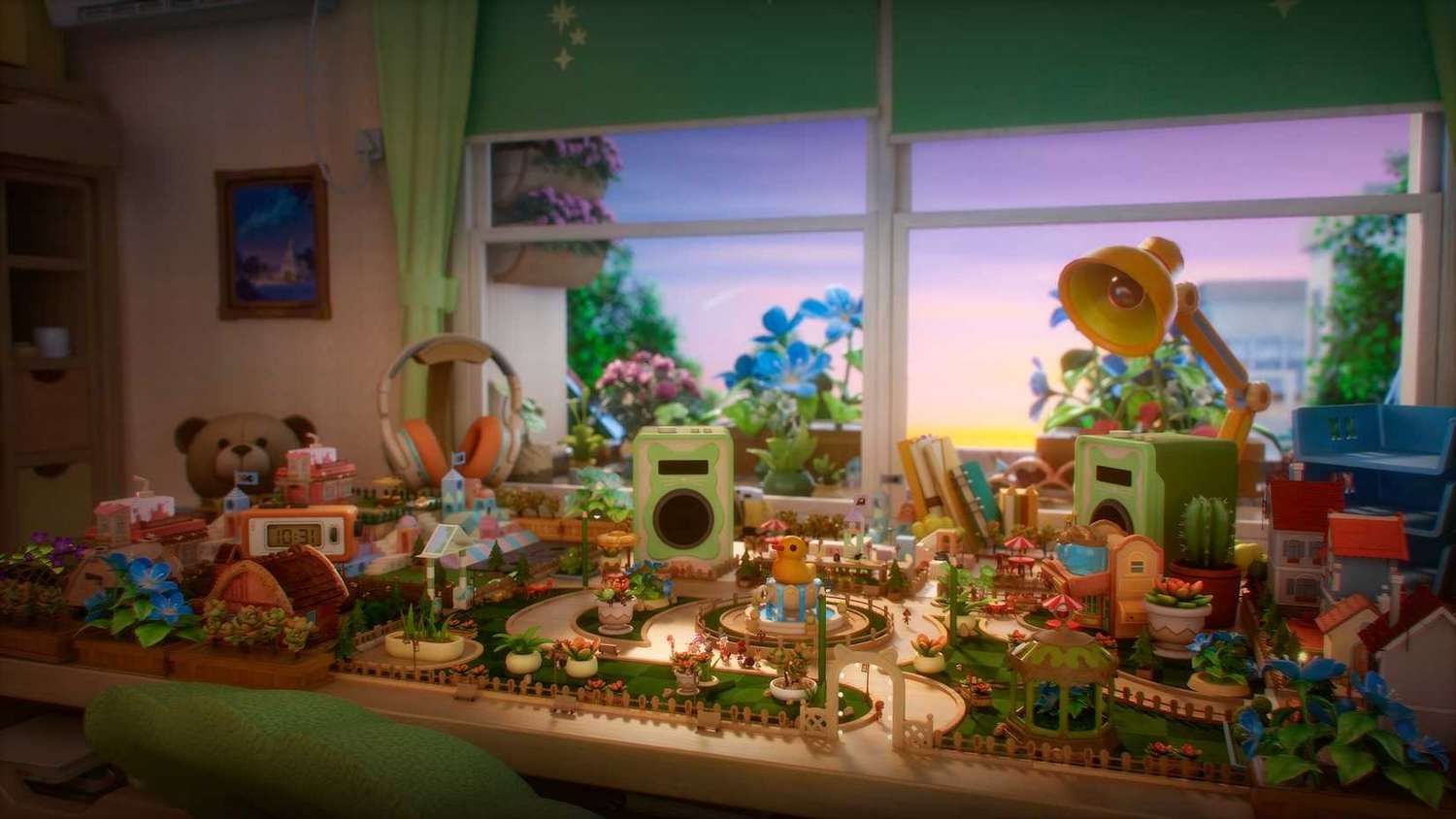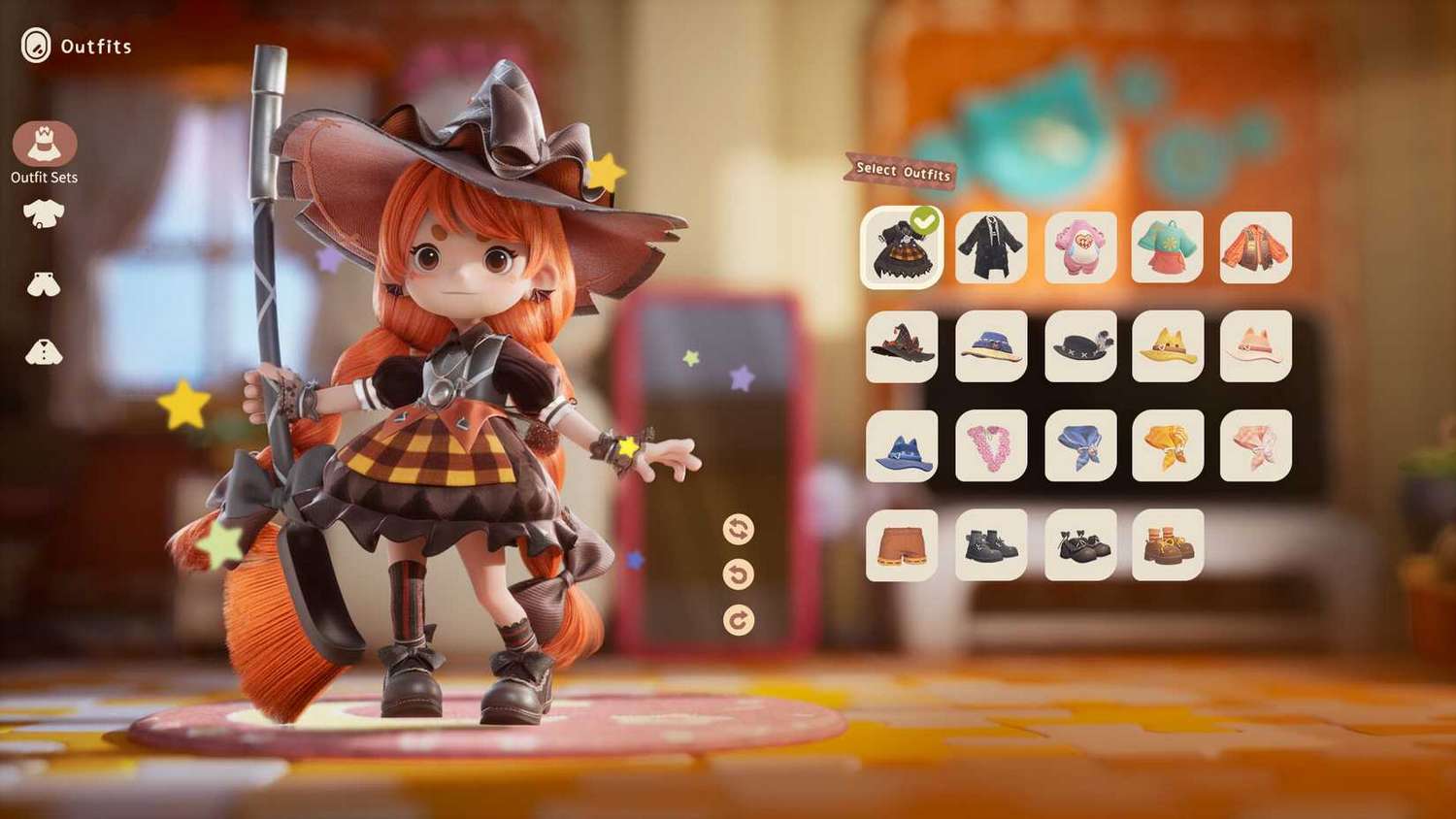 The cozy life simulation genre, long dominated by the tranquil, anthropomorphic charm of Nintendo’s Animal Crossing franchise, is facing an unprecedented challenge. A new, massively capitalized competitor, currently dubbed ‘Petit Planet’, is signaling a significant shift in the video game industry landscape. Developed by the powerhouse studio HoYoverse, known for their financial juggernauts in the free-to-play space, this new title is positioning itself as the premium, multi-platform alternative that could seriously dent the monolithic hold of Nintendo Switch exclusives.
The cozy life simulation genre, long dominated by the tranquil, anthropomorphic charm of Nintendo’s Animal Crossing franchise, is facing an unprecedented challenge. A new, massively capitalized competitor, currently dubbed ‘Petit Planet’, is signaling a significant shift in the video game industry landscape. Developed by the powerhouse studio HoYoverse, known for their financial juggernauts in the free-to-play space, this new title is positioning itself as the premium, multi-platform alternative that could seriously dent the monolithic hold of Nintendo Switch exclusives.
The Market Is Primed for a Premium ‘Animal Crossing’ Alternative
For years, games “like Animal Crossing”—including beloved titles such as Stardew Valley, Disney Dreamlight Valley, and the forthcoming Hello Kitty Island Adventure—have carved out their own niches. However, their primary appeal often lies in expanding on the farming or adventure aspects of the life-sim loop. None have truly matched the unique creative freedom, real-time social dynamics, and year-round event cadence that defines the core ‘Animal Crossing’ experience, particularly its modern iteration, New Horizons.
The core issue for a large segment of the global gaming market has always been platform exclusivity. The inability to enjoy the full life-sim experience outside of the Nintendo ecosystem has left a vast, untapped audience of PC gaming, mobile gaming, and rival console users hungry for a high-fidelity, polished, and constantly evolving digital world. This is the market opportunity that ‘Petit Planet’ is explicitly targeting.
 HoYoverse’s Massive Investment and Cross-Platform Strategy
HoYoverse’s Massive Investment and Cross-Platform Strategy
The financial scale of this undertaking is what sets ‘Petit Planet’ apart as a legitimate threat. Industry analysts estimate the initial development and marketing budget could easily rival the $500 million investment typical of a major AAA title, a staggering figure for a ‘cozy’ game. HoYoverse’s proven expertise in managing live-service games with continuous, high-quality content updates is the key competitive advantage here. Their established infrastructure for monetization and community engagement, refined through years of operation on titles with millions of daily active users, is an immediate game-changer.
Key Strategic Decisions:
- Multi-Platform Launch: Confirming a simultaneous release on PC and mobile platforms, with hints at next-generation console releases. This immediately bypasses the main barrier to entry for the Nintendo faithful.
- Advanced Customization: Early previews suggest a level of world and character customization significantly more in-depth than its rival, appealing directly to the high-engagement, content creator segment of the community.
- Free-to-Play Model (Speculated): While not confirmed, adopting a high-quality free-to-play model with extensive cosmetic monetization would open the floodgates for mass adoption, a sharp contrast to the traditional premium price of Nintendo titles. This could drastically lower the customer acquisition cost for the new player base.
The Inevitable Clash of Gaming Giants
Nintendo’s dominance in the cozy genre has relied on a potent combination of nostalgic IPs and a closed ecosystem. However, a highly polished, constantly updated, and universally accessible competitor is a form of pressure the company has rarely faced in this particular space.
HoYoverse’s ‘Petit Planet’ must deliver on several fronts to truly succeed:
- A Distinct Identity: Moving beyond merely a clone to establish its own, unique ‘cosmic’ charm and lore, as suggested by the developers.
- Robust Social Infrastructure: Implementing reliable, cross-platform multiplayer and community tools that enable seamless interaction, a feature often requested but underdeveloped in its rival.
- Value Proposition: Offering a clear, compelling reason for long-time ‘Animal Crossing’ fans to transition or, more likely, split their time and discretionary spending between the two.
The underlying financial motivation is clear. Nintendo generates significant revenue from the lifetime sales of its exclusive software. HoYoverse, in contrast, aims for the high-volume, continuous revenue stream generated by a global, live-service audience—the coveted recurring revenue model. For advertisers and investors, the key phrases are shifting: from “Nintendo game sales” to “cross-platform monetization” and “global digital goods”—all high-CPC keywords in the modern financial markets of gaming.










 BeamNG.drive
BeamNG.drive  Candy Crush Saga
Candy Crush Saga  R.E.P.O
R.E.P.O  Rust
Rust  Stumble Guys
Stumble Guys  God of War Ragnarök
God of War Ragnarök  FIFA 23
FIFA 23  Free Fire Max
Free Fire Max  Schedule I
Schedule I